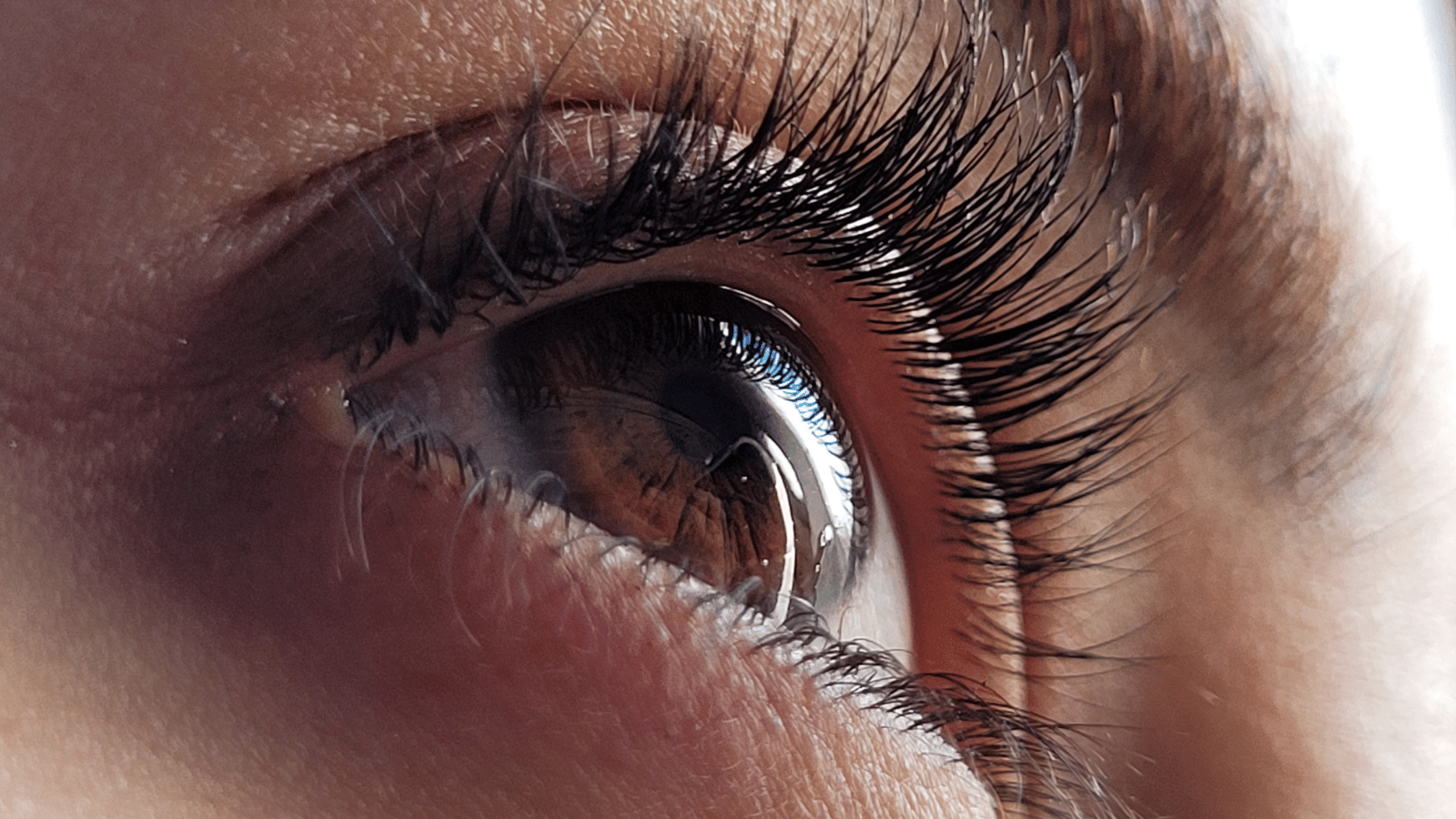
Corneal Specialists: Your Ultimate Guide to Corneal Health
The eye is the main organ responsible for vision. Within its complex structure lies the cornea, the clear, outermost layer that is transparent and shaped like a dome. It performs a crucial role in focusing our vision by reflecting light onto the retina, which in turn delivers visual information to the brain.
The cornea is made up of five highly delicate layers, namely:
- The corneal epithelium
- The corneal stroma
- Bowman’s layer
- Descemet’s membrane
- The cornea endothelium
Since it has no blood vessels, the cornea receives oxygen and vital nutrients from tear fluid and the aqueous humor. It also contains a dense collection of nerve endings, making it highly sensitive to irritation and injury.
Symptoms of Corneal Diseases
The cornea is vulnerable to various conditions affecting its clarity and function. These conditions include:
- Keratitis: An infection resulting in the inflammation of the cornea caused by bacteria, viruses, fungi, or parasites.
- Corneal Dystrophies: Rare genetic disorders that lead to abnormal deposits or structural changes in the cornea, which cause vision loss and discomfort. Fuchs’s endothelial corneal dystrophy is one notable example of a condition that affects the cornea’s innermost layer.
- Corneal Abrasions: Superficial scratches that are often painful and are caused by trauma or foreign bodies on the corneal surface.
- Ulcers: Open sores that result from infections or inflammatory conditions and may involve deeper damage.
Any of these corneal conditions can lead to several symptoms, such as:
- Discomfort or pain in the eye
- Sensitivity to light
- Redness or inflammation of the eye
- Blurriness, distortion, or haziness in vision
- Excessive tearing or discharge
- The feeling of a foreign object in the eye
- Seeing a halo effect around lights
- Reduced visual clarity
- Swelling or edema of the cornea
If you experience any of these symptoms, it’s best to seek medical attention immediately to avoid further damage to your eyesight.
Diagnosis and Treatment Options for Corneal Diseases
Diagnosing corneal diseases begins with a comprehensive examination of the eye by a corneal specialist using a slit lamp. A slit lamp instrument is similar to a microscope that allows the specialist to examine the cornea in greater detail to assess the cornea for signs of disease, including swelling, scarring, and shape abnormalities.
Depending on the examination results, your specialist will recommend various methods based on the severity and type of the condition present.
- Over-the-counter (OTC) medications like saline drops and artificial tears can help relieve redness and flush out irritants to prevent scratching.
- Antibiotic, antifungal, or antiviral eye drops are often prescribed when dealing with an infection.
- Oral or eye drop painkillers are given to dilate pupils and reduce pain.
- Surgical forms of treatment, such as a cornea transplant (keratoplasty) or laser surgery, may also be performed to remove scar tissue, reshape the cornea, and repair any damage.
Understanding the Role of a Corneal Specialist
A corneal specialist is a medical professional specializing in diagnosing and treating corneal diseases. These specialists are ophthalmologists who have undergone additional training focused specifically on the cornea.
As part of their training, corneal specialists undergo a fellowship program after completing medical school and a residency in ophthalmology, equipping them with advanced skills and extensive knowledge about the structure, function, diseases, and surgical techniques relevant to the cornea.
The role of a cornea specialist extends beyond routine eye care. Through their specialized training, they perform various functions to provide the best possible care and preserve their patients’ eye health and vision.
These include:
- Diagnosing common to rare and complex corneal diseases
- Treatment planning
- Medical management
- Provide surgical treatment
- Corneal transplant
- Contact lens management
- Patient education
If you are dealing with any of the symptoms mentioned above or are in need of specialized care, consult a specialist right away to receive an accurate diagnosis and tailored treatment that ensures optimal outcomes.
Preserve Your Eye Health at the Eye Institute of Austin
Your vision is precious, so it’s essential to take an active role in protecting your eye health. Schedule regular eye checkups with eyecare specialists to ensure you prioritize your eye health. With specialized training and extensive expertise, these professionals can provide you with helpful information to help you safeguard your vision and enjoy optimal eye health.
At the Eye Institute of Austin, our commitment to exceptional eye care has remained unchanged since 1963. Our team of eight skilled physicians and ophthalmology professionals is equipped with cutting-edge technology to prioritize your family’s eye health.
Everyone deserves a vision of lasting clarity and well-being. Schedule a consultation today!